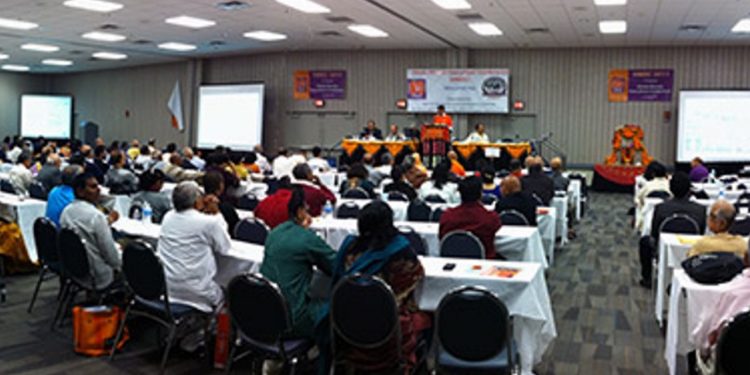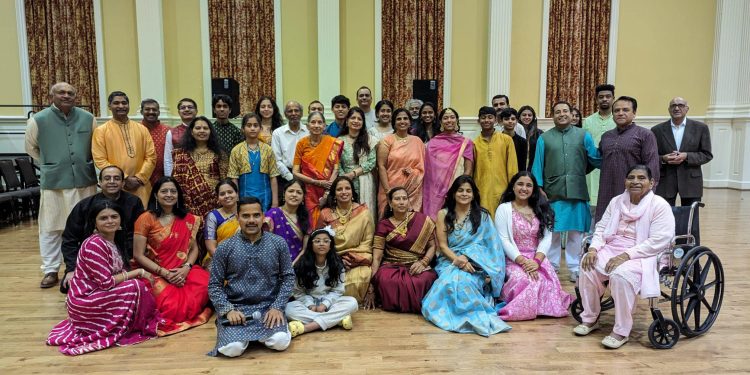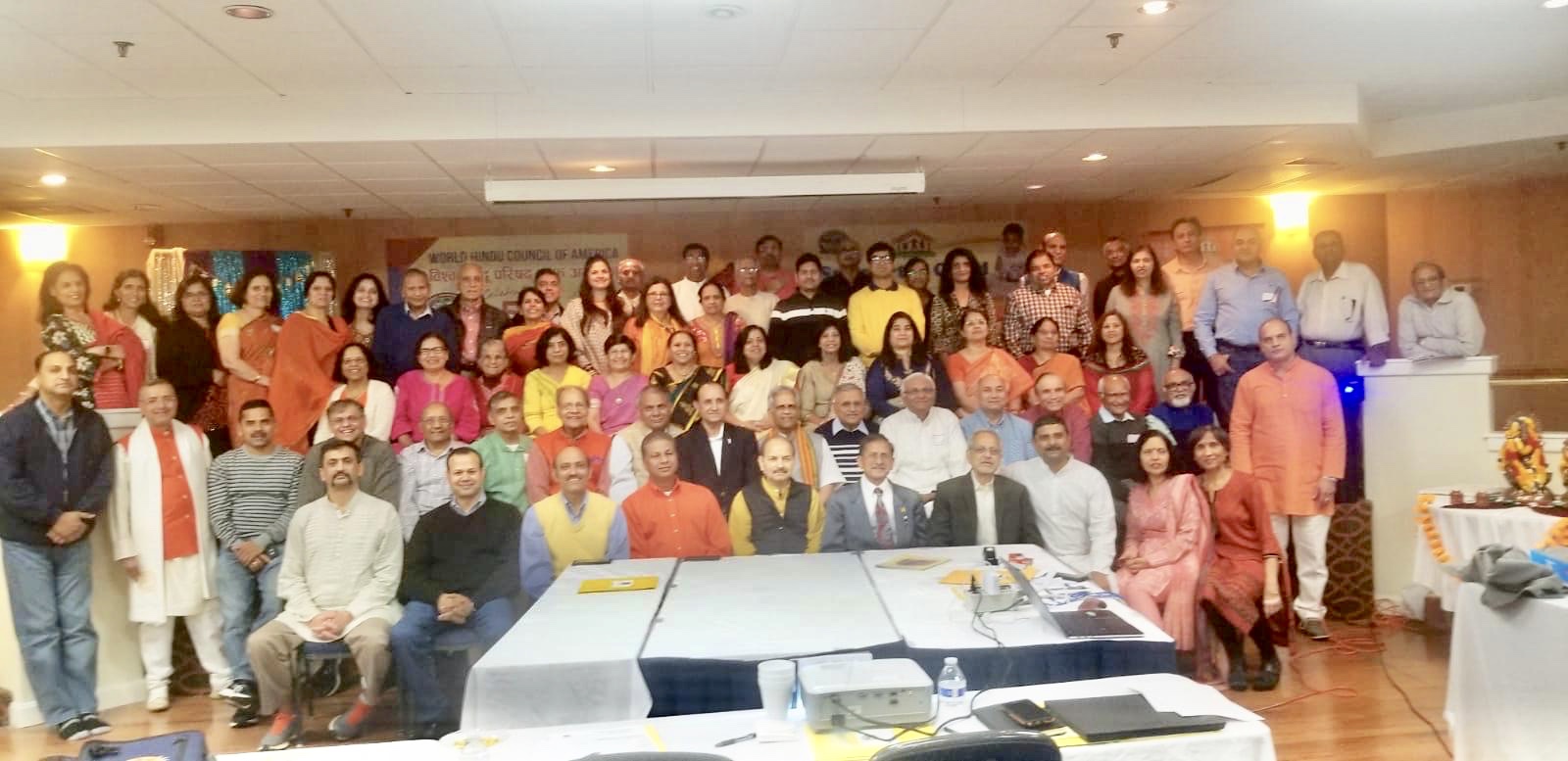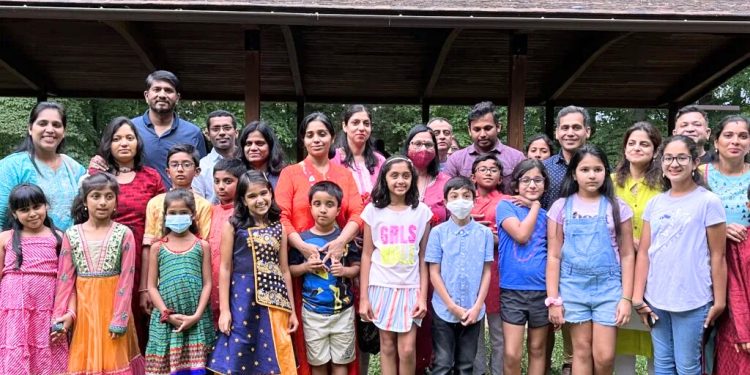There were many practices we followed in daily life as I was growing up in India. Back then, the benefits of these practices were not known to me. Now the entire world has started understanding the merits of natural remedies.
There were many Neem trees growing around our house. These trees repel mosquitos and other insects. The leaves of the tree are bitter and chewing them lowers and controls blood sugar levels. Neem leaves purify blood also. People would chew on ‘datun,’ which were essentially twigs of the Neem tree. These were used as a toothbrush, and they helped prevent tooth decay and gum disease.
When I had an earache, my mother would put mustard oil with garlic in my ears to alleviate the pain. For bloating and stomach aches we would reach for ‘ajwain’ (carom seeds), mix a little salt and wash it down with warm water.
Coconut oil has a huge fan gathering in the world today. We would put coconut oil in the hair to make it healthy and shiny. In the winter months the oil would solidify. To thaw it out we would put it out in the sun and apply it to the hair while basking in the sunlight.
Fennel seeds are a natural breath freshener and a digestive. Boiling these fragrant seeds in water and consuming this herbal tea cools the stomach. Ginger was a must in every household for its excellent qualities, as was turmeric powder. These two are still mainstays in the Indian kitchen.
God has created foods that have either a heating or a cooling quality. We knew about the heating quality of mangoes; so we would put them in a bucket of water for some hours before enjoying them.
All the above practices are ancient practices from God’s Pharmacy called Nature.
Are you a ‘Church Lady’?
Some time ago, there was a recurring skit on a very popular TV show in which a comedian played the role of the ‘Church Lady.’ The ‘holier than thou’ attitude of the ‘church lady’ who criticized and judged others as being immoral was always presented against the background of hilarious comedy. It was all very entertaining. At the same time, there was an undeniable truth behind the laughs. The sad truth that many who consider themselves as God-loving and God-fearing often fail to observe the laws of God.
One of the divine laws is that we must not be judgmental toward others. Another is to see the good in everyone. How can anyone profess to be holy yet judge others harshly? A holy person does not see the faults of others, only the virtues. He does not engage in backbiting and cruel behavior. He does not tolerate gossip, let alone spread it. He may not ever talk about compassion, empathy, service, tolerance, and generosity, but he practices them every day.
We must ask ourselves some questions:
Am I good only in the place of worship, or do I sincerely practice my faith?
Do I see my own faults, or am I too busy judging others?
Am I cautious only about ‘looking’ good before others, or am I working toward ‘becoming’ good?
Do I join in the criticism and backbiting, or do I make an excuse and leave the place where this is happening?
We think we are very good and holy and spiritual. It is very difficult to see all the wrongs we need to rectify, but it certainly isn’t impossible. What we need to do is to reflect on the true meaning of holiness instead of professing it like the ‘Church Lady’.
Turn chore into pleasure
A new bride called her mother in tears and told her that she didn’t want to stay with her husband as he was very mean to her. Her concerned mother asked, “What did he do?” The bride said, “Mother, he uses so many 4-letter words.” The mother was shocked and said, “That doesn’t sound like him.” Her daughter replied, “He keeps using words like ‘Cook, Bake, Wash, Iron’.”
You can surely identify with this young lady. Chores do not evoke pleasure; only pain. When you think of a chore, you are likely to think of something you ‘have’ to do; not something you ‘want’ to do. Fact is that you are stuck with chores; there is no way to get rid of them. While you can’t change the fact that you will have to cook, clean, sweep, and mop, do the dishes and tackle the laundry, you can change your attitude about your daily work.
The Bhagavad Geeta says, “Whatever you do, offer it to God.” When understood, these simple words can transform the way you look at everything in life. In fact, these words can transform your entire life. Whenever you are engaged in doing a chore, visualize your sweet Lord beside you or in front of you. Think that you are cleaning the house for Him. As you prepare a meal, think that you are cooking for Him. The clothes you are washing belong to Him. Imagine the smile on His face as He shows satisfaction with the way you serve Him.
Following this practice will benefit you in two ways. First benefit is that your chores will no longer be dreary. Second benefit is that while you may be externally washing, cleaning, cooking, sweeping and mopping, internally you will be practicing devotion all day long.
Grace of a Guru
 Scriptures state repeatedly that guidance of a divine teacher is necessary for one who wishes to live a purposeful life and who wishes to know God. Such a teacher is known as the Guru. A Guru possesses theoretical knowledge of all the scriptures and a practical experience of God.
Scriptures state repeatedly that guidance of a divine teacher is necessary for one who wishes to live a purposeful life and who wishes to know God. Such a teacher is known as the Guru. A Guru possesses theoretical knowledge of all the scriptures and a practical experience of God.
Although a Guru descends to earth for the sake of everyone, not everyone is attracted towards a Guru. Some are immediately attracted, while others take their time. Some may need coaxing and prodding, while many even criticize these divine teachers. History bears evidence to this fact. We have nailed such saints to the cross, poisoned them, maligned them and incarcerated them.
However, a Guru is a well-wisher for the entire world because he is completely selfless. After attaining God, there is nothing remaining for him to attain. This makes him absolutely selfless. All his efforts and actions are solely for the sake of humanity.
It is for this reason that each and every soul who genuinely associates with the Guru benefits from his divine association. Just as iron is turned into gold if it comes in touch with gold, so even the most wicked person is reformed if he follows the instructions of the Guru with complete faith. There is a difference, however, between the touchstone and the Guru. While the touchstone converts iron into gold, a Guru in the form of a touchstone converts iron in the form of a disciple into touchstone in the form of a saint.
One of the greatest Gurus lived recently on earth for 91 years. He is Jagadguru Shri Kripalu Ji Maharaj, and he was hailed as Jagadguru (Guru of the world) at a very young age of 34 on January 14, 1957. This day is known as ‘Jagadguru Divas (day).’
I wish to let the readers know that Jagadguru Shri Kripalu Ji Maharaj has been my greatest inspiration in life and his divine light will continue to shine on the path of every sincere seeker.

BY : Siddheshwari Devi (Didi Ji)
Email: s_didi@radhamadhavsociety.org






















































































